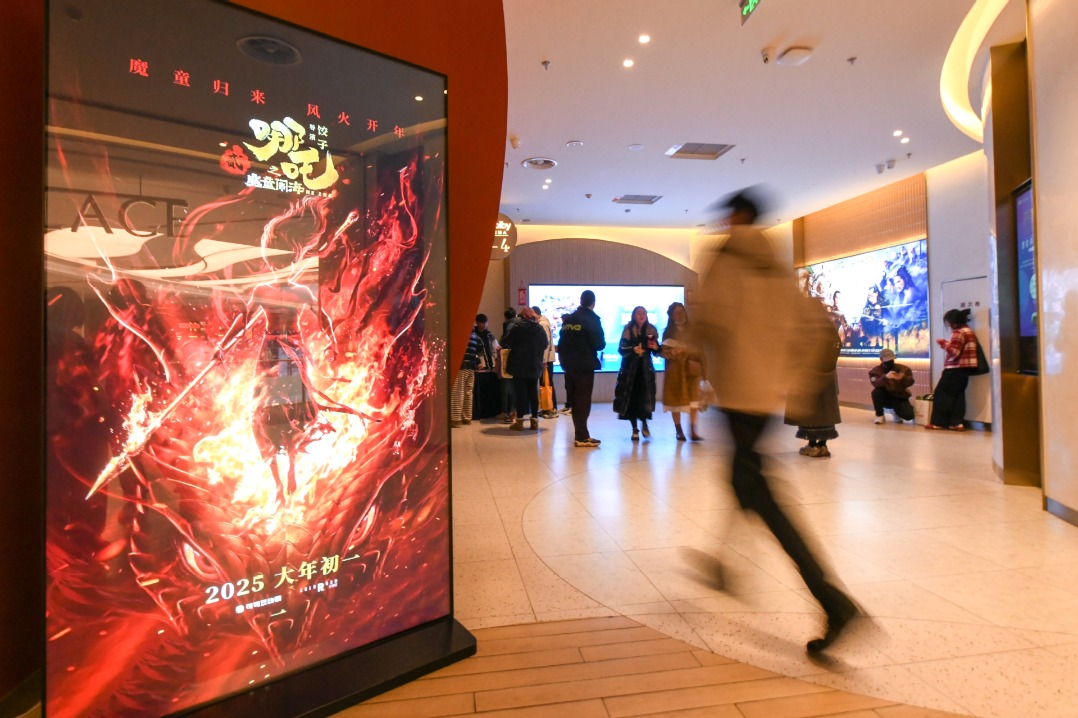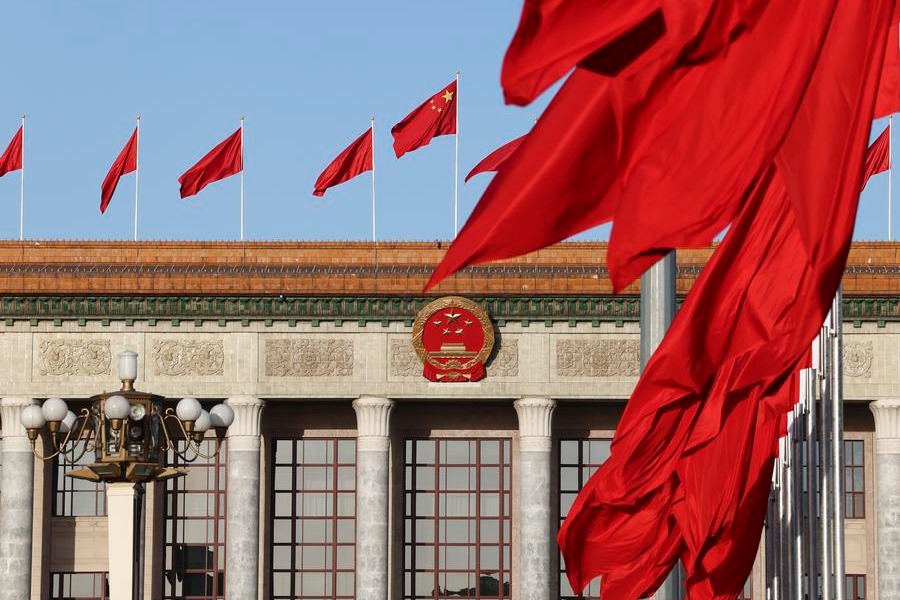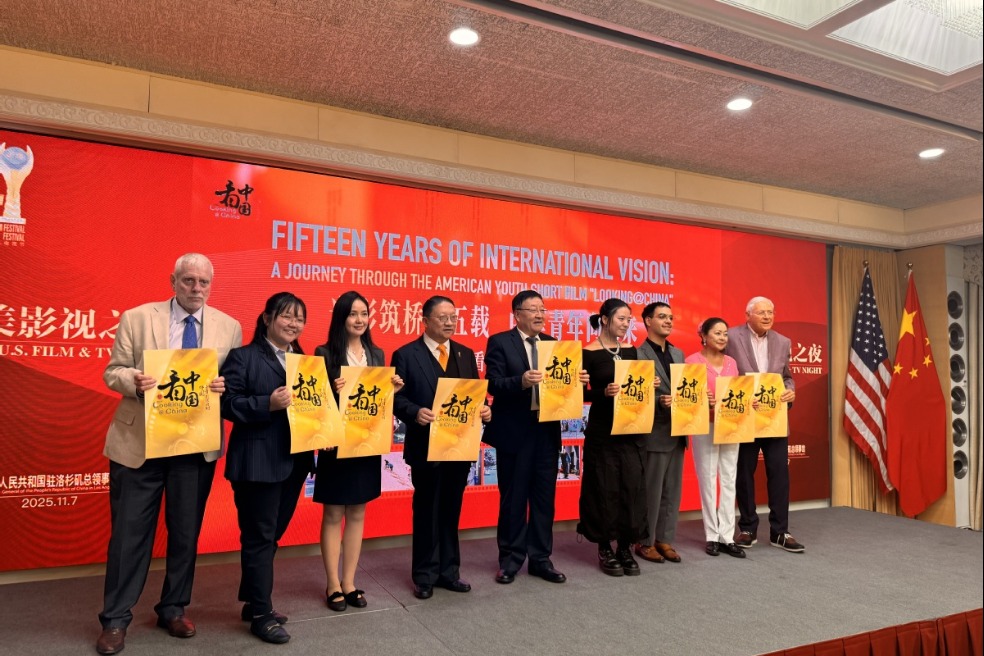Asian markets slump in response to latest Trump tariff salvo


US President Donald Trump's announcement that his government was imposing reciprocal tariffs ranging from 10 to 41 percent on US imports from nearly 70 countries, including some of the largest Asian economies, has sent shockwaves across the region, with Asian markets moving lower in Friday's morning trade.
Trump issued an executive order on Thursday which imposed "additional ad valorem duties on goods of certain trading partners". Most of the new tariff rates range from 10 to 40 percent, and will take effect from August 7. Syria was hit with the highest figure of 41 percent.
Two of Asia's biggest economies - Japan and South Korea - were slapped with a 15 percent tariff. India is facing at 25 percent duty, while Thailand and Malaysian exports were levied with a 19 percent rate.
The news sent the Korea Composite Stock Price Index (KOSPI) to trade 3.60 percent lower in Friday's early session. Japan's Nikkei 225 index was down 0.65 percent, while Hong Kong's Hang Seng Index was down 0.68 percent.
"It's very bad news generally for Asia," Alicia Garcia Herrero, chief economist for Asia-Pacific at Natixis, told China Daily.
Herrero said the "very high tariffs" that Trump has imposed on Asia will hurt the export-dependent region, and added that the uncertainty will be exacerbated by the sectoral tariffs Trump is threatening to issue against areas like the pharmaceutical industry.
For Swaran Singh, a professor of international relations at Jawaharlal Nehru University, Trump's tariffs have "rattled the entire global trading system". Singh noted that most trading nations are exploring alternatives to at least reduce their dependence on the US.
"It is, however, important to remember that mercurial Trump could change things anytime and that his deadline of August 1 does not apply to continuing India-US trade negotiations," Singh told China Daily.
The Asian Development Bank has cut this year's growth projections across emerging Asia-Pacific economies from its 4.9 percent April forecast to 4.7 percent. In its flagship report published on July 23, the Manila-based lender attributed the downgrade to expectations of reduced exports amid higher US tariffs, global trade uncertainty and weaker domestic demand.
Some Asian ministers have welcomed Trump's announcement, noting the tariffs are lower than what Trump had announced in April and July. Some Asian countries, including Japan, Malaysia and South Korea, have negotiated with the US and have offered concessions in return for a reduction of tariffs.
Tengku Zafrul Abdul Aziz, Malaysia's minister of investment, trade and industry, said that, after a series of negotiations in recent months, the US has agreed to reduce the tariffs on Malaysian exports from 25 percent to 19 percent. This decision was "a testament to our strong economic relationship and Malaysia's credibility as a reliable trading partner", Tengku Zafrul posted on X (formerly known as Twitter).
He added that the tariff reduction had been achieved "without compromising our national sovereignty".
Also on X, Thai Finance Minister Pichai Chunhavajira wrote that the reduction from a 36 percent to a 19 percent tariff rate "reflects the close friendship and partnership" between Thailand and the US and it would help Thailand remain globally competitive.
On his official social media account, Cambodian Prime Minister Hun Manet thanked Trump for reducing tariffs on Cambodian exports from 49 percent to 19 percent, saying this was "great news for the people and the economy of Cambodia".
Elina Noor, senior fellow for the Asia Program at the Carnegie Endowment for International Peace, said there remains "a lot of uncertainty" about whether the Aug 1 deadline, and Trump's declaration that it won't be extended, would preclude any further negotiations.
Noor said the question of transshipment, and whether or not countries in the Southeast Asian region would be subject to the higher 40 percent rate for it, "will remain a complicated issue since global supply chains can be extensively and intricately networked".
"Because the tariff rates are unilateral [rather than reciprocal] and arbitrarily linked to Washington's definition of US national security, the rates can hardly be described as fair," Noor said.
"Countries are simply scrambling to do the best they can in negotiations in the short-term. They will probably try to continue negotiating past Aug 1."
Lorraine Tan, director of equity research (Asia) at Morningstar, said Thursday's tariff announcement is "relative expected for Asia".
"I don't feel markets are reacting that much," Tan told China Daily.
But she added that Asian markets "are cautious presently, not so much on the Aug 1 news, but on a mix of potential headwinds.
"Recent macro indicators are somewhat negative for the market, starting with US data that points to the Fed holding interest rates for longer."
Xu Weiwei in Hong Kong contributed to this story.
































